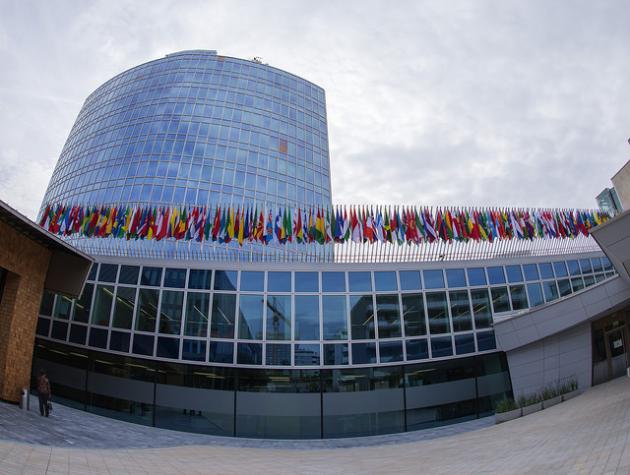GEG and ICTSD host Geneva discussion of Intellectual Property governance
In early March, the Global Economic Governance Programme (GEG) co-hosted a Dialogue in Geneva with the International Centre for Trade and Sustainable Development (ICTSD) on challenges in intellectual property (IP) governance. The conference emphasized the importance of the rapidly changing global innovation and intellectual property landscape, which multilateral frameworks such as the World Trade Organization (WTO) and World Intellectual Property Organization (WIPO) must keep abreast of in order to effectively govern intellectual property. Participants included experts from international organizations, individual governments, and academics, attending in their personal capacity, who discussed key challenges and priorities for action, as well as processes and resources to advance discussions on this issue. A news story about the event was published by Intellectual Property Watch.
In the first session, GEG Senior Researcher Dr Carolyn Deere Birkbeck introduced the topic WIPO Governance: State of play and future directions and her recent GEG working paper The Governance of the World Intellectual Property Organization (WIPO): A Reference Guide. The reference guide is the first comprehensive account of the core components of WIPO’s governance system, and is designed to serve as a reference tool for government delegates, WIPO staff, stakeholder groups, journalists, and academics.
In her presentation, Deere Birkbeck reviewed WIPO’s complex governance system and its evolution. She noted various WIPO member state proposals for improvements in WIPO governance, including an African Group proposal and the proposal by Belgium, Mexico, and Spain, as well as a recommendation of the 2014 United Nations Joint Inspection Unit (JIU) report for Member States to "review the WIPO governance framework and current practices with a view to strengthen the capacity of the governing bodies to guide and monitor the work of the Organization."
Deere Birkbeck observed that calls have been made for efficient, transparent, and fair norm-setting processes; improving accountability and Member State control of the WIPO Secretariat; mainstreaming development through WIPO’s governance system; improving links to other intergovernmental organisations and the UN system; establishing more transparent financial arrangements; and policies for more balanced stakeholder participation.
The second part of the dialogue addressed the relationship between the WIPO and WTO, as well as that between other multilateral fora in which IP discussions and activities also take place, such as at the WHO, UNFCCC, and UNCTAD. In his remarks to open the discussion, ICTSD’s Senior Programme Manager Ahmed Abdel-Latif noted that these complex relations complicate the pursuit of an integrated, global governance system for IP across these organizations. Abdel-Latif observed that the search for coherence has two aspects: how to address the overlap and interactions of issues discussed by WIPO member states in the various multilateral fora and how to strengthen cooperation between the secretariats of the various multilateral organizations involved.
The dialogue was held as part of the GEG research programme on Intellectual Property. Follow the link for further details of the programme, including related news and resources.







